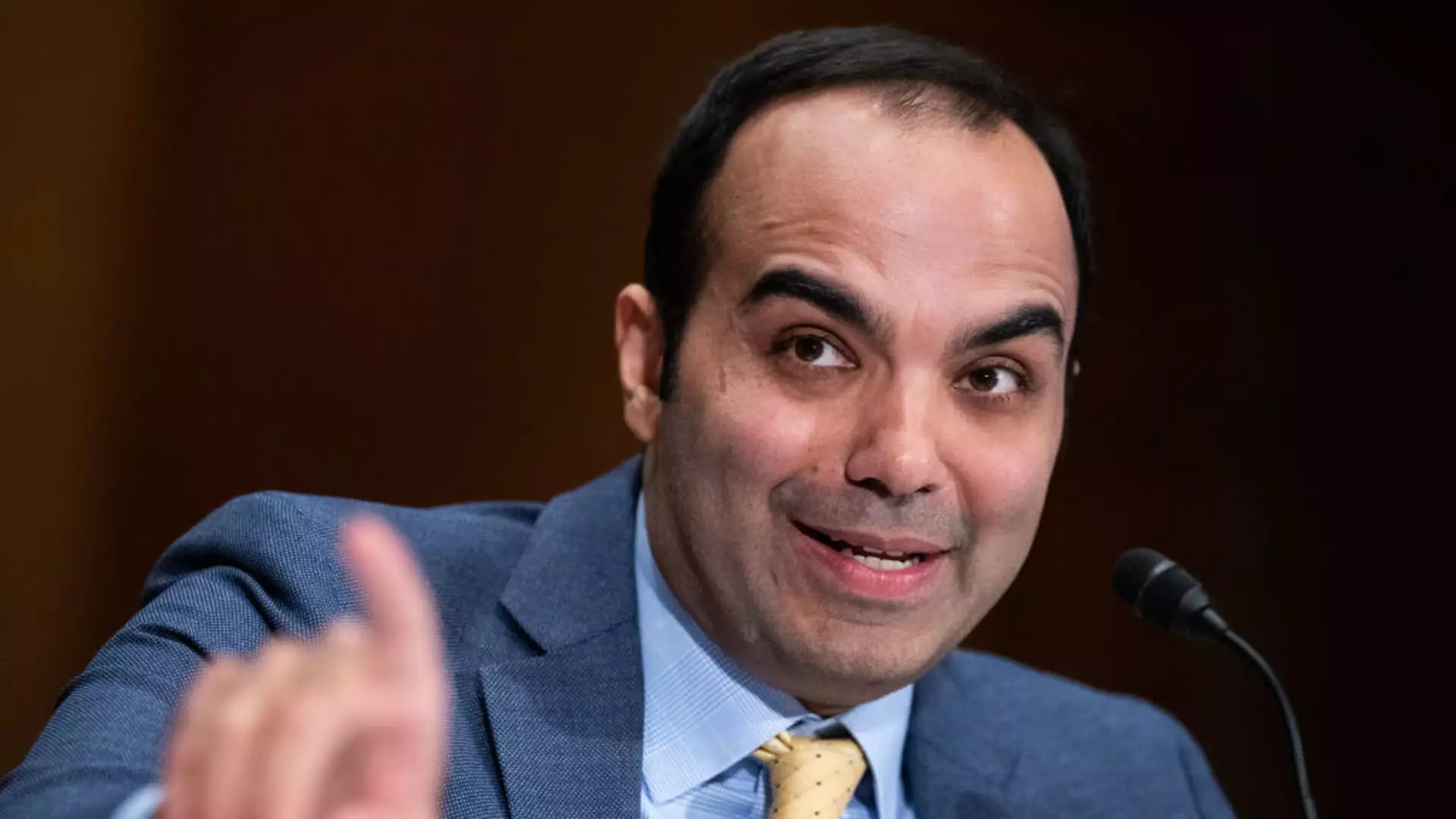The evolving landscape of financial services is undergoing significant transformations as technology companies increasingly encroach on traditional banking sectors. The Consumer Financial Protection Bureau (CFPB) has recently announced the implementation of new regulations aimed at the supervision of nonbank firms that facilitate financial services, particularly focusing on digital payment platforms and wallet applications. By broadening its oversight to include tech giants and emerging fintech players that conduct a substantial volume of transactions, the CFPB aims to ensure these firms adhere to consumer protection laws that govern banks and credit unions.
In this latest initiative, the CFPB will scrutinize nonbank entities that process at least 50 million transactions each year. This change is pivotal for companies such as Apple, Google, Amazon, PayPal, Block, Venmo, and Zelle, which have all become integral parts of daily financial interactions for millions of consumers. Historically, the CFPB had some level of oversight related to electronic fund transfers; however, these new regulations will elevate the status of these tech companies to be much more akin to traditional banks, which entails far-reaching implications for compliance and accountability.
The move follows the CFPB’s recognition of how payment applications have transitioned from a mere alternative to cash towards becoming mainstream financial tools. With over a trillion dollars processed between consumers and businesses through these apps annually, it is no longer feasible to treat these platforms as peripheral players in the financial ecosystem. Rather, they require stringent oversight to protect consumer interests and ensure financial stability.
CFPB Director Rohit Chopra has emphasized the necessity of this rule by acknowledging the integral role digital payments now play in consumer finance. As usage patterns evolve, the need for robust regulatory frameworks that shield consumers from privacy violations, fraud, and wrongful account closures becomes imperative. Recent trends indicate a growing reliance on mobile payment applications, particularly among low- and middle-income demographics, making it crucial to reinforce regulatory measures that could safeguard user interests.
Earlier proposals suggested that the CFPB start reviewing companies processing a minimum of 5 million transactions, but the threshold has been significantly elevated to 50 million transactions in the finalized rule. This adjustment narrows the focus to seven key nonbank players, thus ensuring that the regulatory burden does not extend excessively to smaller firms that might still be innovating in the financial space. Moreover, payment applications that operate solely within specific retail contexts, such as Starbucks, are exempt from this new oversight, preventing unnecessary regulatory encumbrance on niche services.
Surprisingly, the banking sector, often apprehensive of regulatory expansions, has expressed support for the CFPB’s initiative. Financial institutions have voiced concerns about unregulated tech companies penetrating financial services and potentially undermining consumer protections. Lindsey Johnson, president of the Consumer Bankers Association, lauded the CFPB’s action as a pivotal step toward ensuring that non-bank participants comply with their legal obligations, illustrating a unifying call for heightened scrutiny across the financial services industry.
However, questions linger regarding the sustainability of these regulations under changing political administrations. As the rule is set to take effect 30 days after its publication in the Federal Register, observers are keen to see whether incoming leadership from a contrasting political sphere, such as a new Trump administration, might seek to amend or abolish such regulations. Aligning consumer protections with technological advancements poses a delicate balancing act for future leadership within the CFPB.
The CFPB’s decision to extend its oversight to nonbank firms marks a significant step towards a more equitable and responsible financial services framework. By addressing the increasing role of digital payments in everyday life, regulators acknowledge the need for robust consumer protections in an era of digital finance. As the financial landscape continues to evolve rapidly, both consumers and companies alike will be keenly observing the impacts of this newfound scrutiny on how financial services will be delivered and regulated in the years to come.

